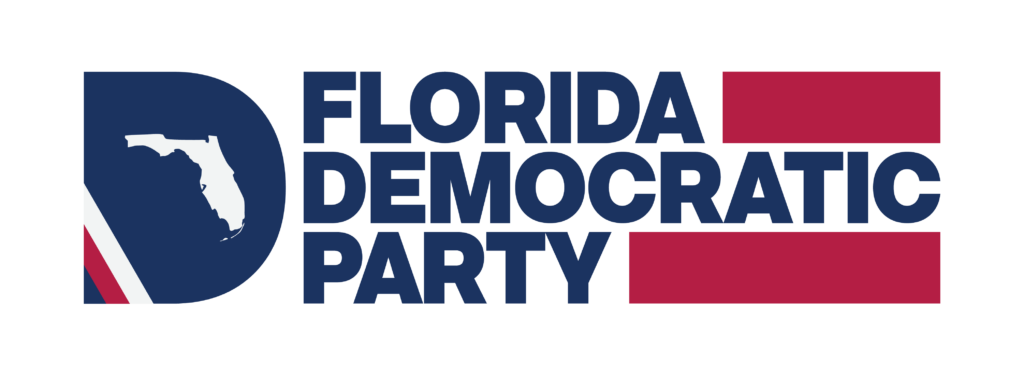In the News
Orlando Sentinel: Scott's small-business agency less effective than one he axed, critics say


6:05 p.m. EDT, July 17, 2011
But despite his campaign pledge to rein in government overreach, Scott has also quietly killed an office lawmakers created in 2008 to do much the same thing: watch out for Florida’s 1.9 million small businesses when new regulations could hit them in the wallet.
His first day on the job, the governor created the Office of Fiscal Accountability and Regulatory Reform to scrap some of the 20,000 government rules on the books, which Scott has labeled “job-killing” mandates on the private sector.
So far, the governor’s one-person office has found more than 1,100 rules Scott would like to kill during the next year, covering everything from permits to bulldoze wetlands to fire-safety rules for nursing homes and other rules governing the construction of slalom courses and ski jumps.
The effort is still a work in progress, the Governor’s Office says. Fewer than 50 rules had been approved for repeal through June, and most of those appear to have little to do with economic development. They include regulations for basic training for corrections officers, the use of force in mental-health facilities, and fines for medical facilities.
Nonetheless, Scott calls his effort a success because it has put state government on notice.
“What it did was it did make everybody think about what they were doing,” the governor said in an interview with the Sentinel. “I think what happens is people who work for the state are really good people, and they’re trying to accomplish things. But what I really want them to think about is: Does it help or hurt things?”
Scott isn’t the first governor to propose reeling back government “red tape.”
The late Gov. Lawton Chiles did the same thing in the 1990s. And President Barack Obama last week ordered “a governmentwide review … to remove outdated regulations that stifle job creation and make our economy less competitive.”
Three years ago, Florida lawmakers and Gov. Charlie Crist created the Office of the Small Business Advocate to serve as a watchdog for businesses impacted by new government mandates.
The four-person Advocate’s Office reviewed hundreds of proposed rules and worked to help Panhandle businesses during the Deepwater Horizon oil spill last year. It would present the 30 or so new rules proposed each month to the Small Business Regulatory Advisory Council, a board of business owners and lobbyists, which then decided whether to fight them.
But Scott dismantled that office just months after he created the new one to evaluate government regulations.
“I do not believe the governor was adequately informed that there was existing legislation that created an office and council that did this very thing,” said Jerry Cartwright, state director of the Florida Small Business Development Center Network, which housed the Advocate’s Office.
Scott killed the office in May by vetoing $500,000 lawmakers had budgeted for both the Office of Small Business Advocate and the Advisory Council.
The money was a tiny piece of the $615 million in spending he blocked, and his letter to lawmakers only said it was among “many projects that were not of statewide importance or that were added to the budget without adequate public hearing.”
“I was surprised it was vetoed. That’s one of the things that I thought was pretty solid,” said House economic-development budget Chairman Mike Horner, R-Kissimmee.
But Horner said no one would stand in the way of letting Scott do regulatory review his way.
“It was clear to me that somewhere in the process, the governor got some bad advice,” said Lew Attardo, the small-business advocate laid off along with his three full-time staff June 30. “It was doing something that needed to be done, and exactly what he said needed to be done — getting government off the backs of small business — at a very small cost.”
“It was the first time you saw an independent body have a voice in the process,” said Samantha Padgett, a lobbyist with the Florida Retail Federation. “The questions they were raising were very important.”
His Jan. 4 executive order freezing new rules and creating his Office of Fiscal Accountability directed his office to work with the Small Business Advocate and Council. A subsequent April 8 order extending the rule review included the same directive.
Moreover, lawmakers had passed two laws in the past year reining in the rulemaking process — both of which spelled out duties for the advocate and council.
But Scott’s new office appears to be little more than a website and one staffer, several supporters of the advocate said. The review process in place now allows agencies to review the rules themselves and propose which they want to repeal.
“My concern right now is it’s kind of like the rooster in the henhouse. When you don’t allow the independent look from business, you can sweep stuff under the table,” said Osceola County Commissioner Frank Attkisson, a former legislator who sponsored the 2008 bill creating the council and served as its chairman.
“It sort of disappoints me that we’re taking a flag-waving approach instead of a real serious approach. And I don’t think businesses are going to see the benefit of it.”
Scott spokesman Lane Wright said those concerns were “misplaced,” and the office “is already proving its worth and efficiency.”
Staff writer Kathleen Haughney contributed to this report. [email protected] or 850-222-5564.


